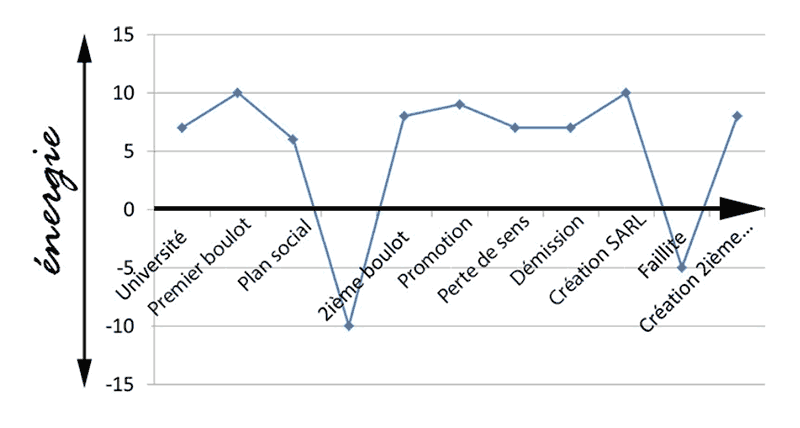Being optimistic is good for morale and allows you to approach life more simply. But what you need to know is that optimistic people live up to 15% longer than those who approach life in a more negative way. It’s time to choose your side!
Optimism preserves. People who are positive in life are between 50% and 70% more likely to live to be at least 85 years old.
This is the conclusion of a long study* conducted by scientists from Boston University, based on a corpus of 70,000 nurses and 1,500 soldiers in the United States. For this survey, the men were followed for 30 years and the women for about ten years…
Being Optimistic protects against stress
According to the researchers, this is because being optimistic leads to better managing emotions and, therefore, provides better protection against the deleterious effects of stress.
Research shows that optimism increases the chances of healthy aging and thus reaching a later age. Conversely, stress promotes premature aging. It also means (and on the bright side) that pessimists have a handy tool to increase the chances of a healthy life.
The researchers thus suggest that interventions, such as imagining a positive future, or more intensive cognitive-behavioral therapy, can increase levels of optimism.
According to other studies, more optimistic people generally have two things that pessimists don’t: first clear goals and then enough trust in them to reach them. Optimists are thus more efficient in problem solving and can better regulate their emotions during stressful situations. “.
Optimists are said to have the ability not to be depressed by negative life events. Stress has a negative influence on the immune system. We could deduce from this that being optimistic allows us to be better equipped against infections and allergies.
We can also point out that some studies have also made a link between stress and shorter telomeres. Remember that the telomere is a chromosomal component associated with cell aging and the risk of heart disease, diabetes and cancer.
3 tips for being optimistic
1. A successful start to the day
The way that you start your days is fundamental; a relaxed morning often lowers stress levels for the rest of the day.
So how to be optimistic in the morning? By performing a gratitude exercise at breakfast, reading positive news (like this article for example 😊) early in the morning or while practicing a littlephysical exercise.

To develop and maintain your sense of well-being, discover our mini-program 10 Small Happiness Steps : an Email every morning for 10 days!
Click here to get it for free
This will allow you to be in a good state of mind and to be full of energy for the whole day.
2. Fewer worries about the future
Worry, especially when present all the time, is a destructive habit. It is paralyzing to the mind and inhibiting to action. It’s hard to move forward in life when you dread tomorrow.
To overcome this negative state of mind, ask yourself a simple question: how many of the things I dreaded actually happened? Probably very little.
Our worries and fears are often nightmares or “bad trips” that remain in the realm of fiction. These are imaginary scenarios that rarely occur in life. By asking yourself this question, you will back to reality.
3. Positive Choices
Lhe people you meet every day and the information you consume on a daily basis have a great influence on your state of mind. , which will have a great impact on your attitude and outlook on things.
So choose to:
- Spend more time with happy, positive people (those who lift your spirits and give you energy) and as little time as possible with “toxic” people (those that are negative and pull you down).
- Ditch the news channels, social networks and the media focused on disasters, controversies and bad news. Conversely, pay more attention to sources of humor, personal development blogs, positive books, emotionally charged films, relaxing or upbeat music…
Being optimistic is a matter of attitude, but also the result of the small decisions we make all day long, when we choose to do this rather than that…
*Study conducted by Boston University School of Medicine (BUSM)















